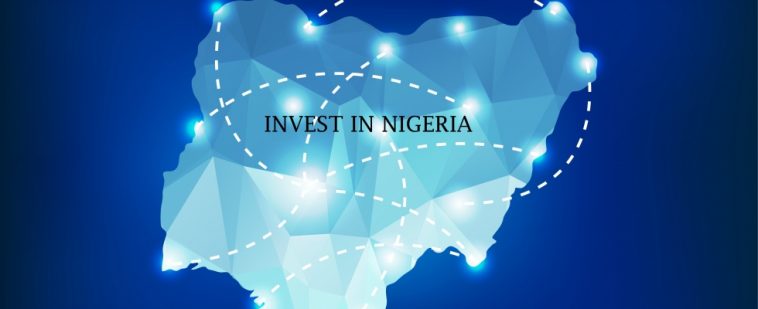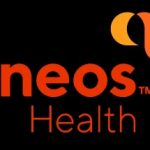Investors have been moving into Nigerian Internet startup scene over the last ten years. The investors have come in as either the finances or the main market participants. But there is a worrying factor. Within a period of the past five years, many foreign investors and businesses are leaving the Nigerian market. Many have attributed this to the 2014 global decrease of the crude oil prices. This can be true given that the country relies on that product to run its economy. Therefore, it becomes so hard for businesses of any size to survive in that economy.
Rumors had it that Kinnevik startup from Sweden had withdrawn itself from iROKO. The rumors came after there was non-inclusion of the video-on-demand platform from the startup’s annual report of 2017. Jason Njoku, Kinnevik’s founder debunked the report after the release. According to Kinnevik’s 2016 annual report, the company’s fair value shares in iROKO were projected at $12.2 million. This was 18.26% of the startup’s entertainment valuation by that time.
Kinnevik made its first investment worth $2 million in June 2012. It then joined RISE Capital and Tiger Global in 2013 for around Series D funding worth $8 million. The startup together with CANAL+ invested $19 million in 2016. The main question after this entire breakdown is the whereabouts of 18.26% stake. This was calculated according to the Q4 2016 valuation. According to Kinnevik’s Investment Director Franco Danesi, iROKO was not recorded in the annual report for 2017. This is because of the size of the ownership Kinnevik is having in it. iROKO was instead classified with the rest of small wealth under Entertainment. Entertainment sector gave the highest 2017 annual return of 35%. But Kinnevcik’s shares in iROKO have not gone down within the past two years.
The recent report recorded Livongo another company that Kinnevik owns 4% of its shares. It also has a share value of $11.21 million recorded at Q3 2017. This brings us to another question as to why $11.21 million was recorded but not $12.2 million. The reasons given for failing to list the latter does not hold any water. This is because if the listing was based on the size then $12.2 million was larger than $11.21 million. Kinnevik does not have plans of investing more in the iROKO but it will do so in future according to Danesi. Kinnevik is just but one company that is on the verge of leaving Nigerian Internet startup. Saltside Technologies from Sweden closed down one of its founded company Efritin in 2017. Nils Hammer CEO of Saltside Technologies channeled the trend to poor internet adoption, penetration, challenging economic conditions and high costs of data.
Naspers which is the world entertainment and internet group closed down the Nigerian OLX office. The main aim of the closure was to secure other offices located internationally. Currently Media24, PayU, and MultiChoice are the only portfolios of Naspers that have physical offices in the country. Previously it closed down Dealfish, Kalahari, and Mocality. The recent closure is just an indication that the company is moving out of Nigerian market.
Zinox bought Koga in February 2018 and Rocket Internet are thinking of making Jumia go public. Jumia recorded a loss of $61 million in the first half of 2017. This was a worrying outcome in the Nigerian e-commerce sector. This is because Jumia was operational in 12 African countries. The main challenge in Nigerian industry is profitability. The Nigerian Internet startup scene is in a high growth. Furthermore, it is attracting both local and foreign funds at the same time. The Nigerian Internet scene still depends on foreign funding according to Q1 2018 Nigerian Startup Funding Report.



